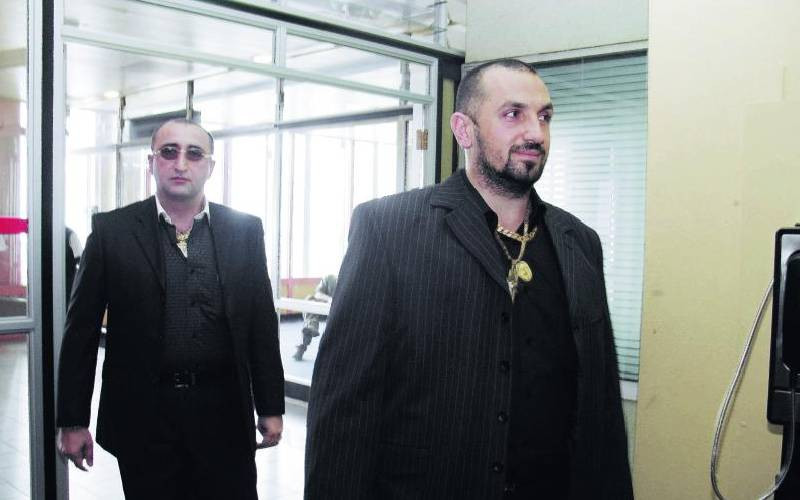×
The Standard e-Paper
Read Offline Anywhere

Audio By Vocalize

After the State House meeting chaired by President Kibaki, the police chief retreated to his executive office and activated Kanga Squad for the deadly mission to raid KTN newsrooms and The Standard newspaper printing press at Nairobi's Industrial Area.
It was then decided to bring on board the two shadowy Armenian blood brothers - Artur Margaryan and Artur Sargsyan - who had secretly come to Kenya as shadowy businessmen sometimes in December 2005.